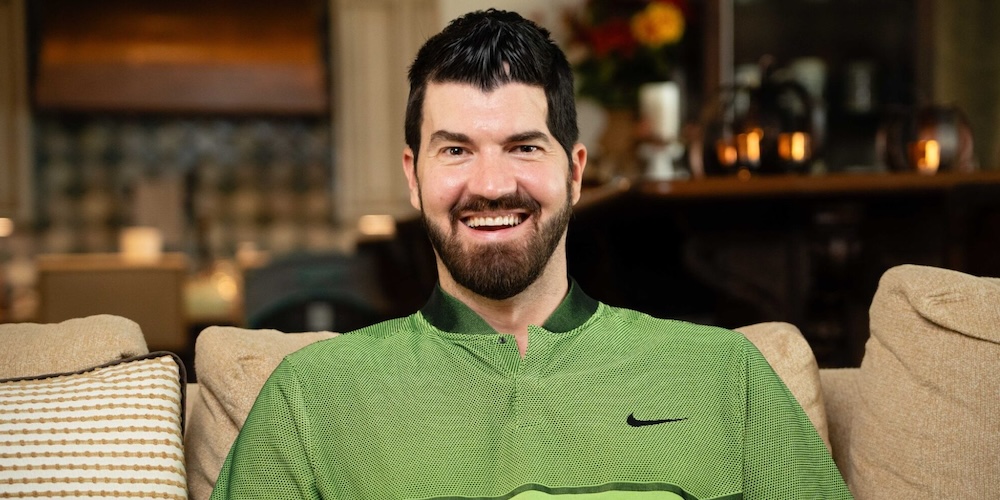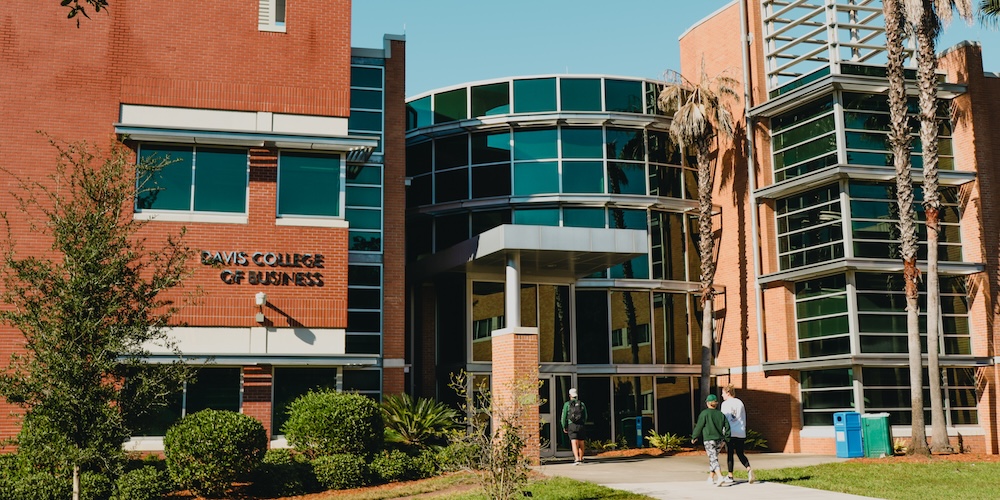He dared to be the first. Not just once, but again and again. In 1931, he watched the Rochester Philharmonic Orchestra perform his work and five years later, he made history conducting the Los Angeles Philharmonic.
The Jacksonville University (JU) Orchestra presents the winners of its annual Spring Concerto Competition on February 26, featuring student soloists and the work of William Grant Still (1895-1978), the “Dean” of African-American composers.
His accolades are many. A classically-trained violinist, formally educated composer, and self-taught on clarinet, saxophone, oboe, viola, cello, and double bass. A leading figure in the Harlem Renaissance. A recipient of two Guggenheim Fellowships and nine honorary doctorates. A colleague and contemporary of Langston Hughes, Paul Whiteman, George Whitefield Chadwick, and W.C. Handy. The first African American to conduct a professional symphony orchestra in the United States and the first African-American composer to have an opera produced by the New York City Opera.
Still remains one of America’s most prolific and uniquely gifted composers of the early 20th century.
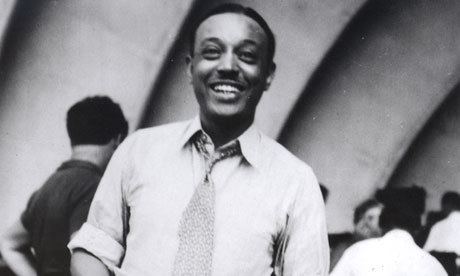
And of his operas, ballets, symphonies, and other works, he is most widely known for his Afro-American Symphony. Director of Orchestral Activities Dr. Marguerite Richardson will conduct the JU Orchestra on this iconic score. “I’ve been playing since age six and there are pieces that I’ve absolutely played to death. Like Beethoven’s Fifth, more times than I can remember. But I’ve played the Afro-American Symphony only once in my life, a first for me but not the last. William Grant Still’s music shouldn’t be played just in February. It needs to be played because it’s excellent and sadly underperformed.”
The Afro-American Symphony is scored for full orchestra and includes four movements, all of which will be performed on the Terry Concert Hall stage. Still assigned subtitles to each movement—Longing, Sorrow, Humor, and Aspiration—which further express the emotional breadth of the African-American experience in the South, incorporating both African and European musical themes throughout.
Still linked each movement to poetry by Paul Laurence Dunbar (1872-1906). Those verses recently became an impactful part of the rehearsal process for the JU Orchestra. “I felt like the students needed to be at a certain point in the rehearsal process before they could really appreciate and recognize that what we’re performing has a message, a profound message,” Richardson said.
“Playing his music is uniquely American and to play a masterwork by an African-American composer shows we’re moving in the right direction. His music is a challenge but also a blast to play.” ~ Dillon Acey
Skyler Miller, a junior at JU earning both a Bachelor of Music in Piano Performance and a Master of Business Administration, said he was grateful for this exposure to Still’s mastery, a composer whose work he had not previously studied. “He strove for excellence until he achieved it,” Miller said. “Not only was Still a leader, he was among the first African-American composers to have work commercially published.” For the Tuesday evening performance, Miller will accompany on keyboard, synthesizing the celeste and banjo parts originally scored by Still.
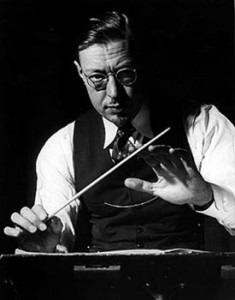 Accomplished pianist, JU bass section leader, student conductor of the University
Singers, and music director of JU’s latest opera production, Miller is familiar with
the rigors of publishing original works. He is currently interning with Dr. Scott Watkins, Professor of Piano and coordinator of Keyboard Studies at JU. His internship includes
recording historical data from the letters of American composer Howard Hanson. These
efforts support Watkins’ larger project to document Hanson’s early life and ensure
that some of the composer’s work, once thought lost, reaches publication.
Accomplished pianist, JU bass section leader, student conductor of the University
Singers, and music director of JU’s latest opera production, Miller is familiar with
the rigors of publishing original works. He is currently interning with Dr. Scott Watkins, Professor of Piano and coordinator of Keyboard Studies at JU. His internship includes
recording historical data from the letters of American composer Howard Hanson. These
efforts support Watkins’ larger project to document Hanson’s early life and ensure
that some of the composer’s work, once thought lost, reaches publication.
The Afro-American Symphony, completed in 1930, premiered a year later in Rochester, New York, under the baton of Hanson, one of Still’s greatest supporters.
“It seems as though he is a forgotten staple in American orchestral literature and someone’s work I’m grateful to experience as a music education major.” ~ Tyler Chaney
The concert will have two segments, the first half featuring soloists Dillon Acey (principal clarinet) and Tyler Chaney (principal oboe) who join Miller in the spotlight. Still’s work rounds out the second half. Richardson initiated the concerto competition two years ago. “We’re providing yet another vehicle for students who are superb soloists in their own right.”
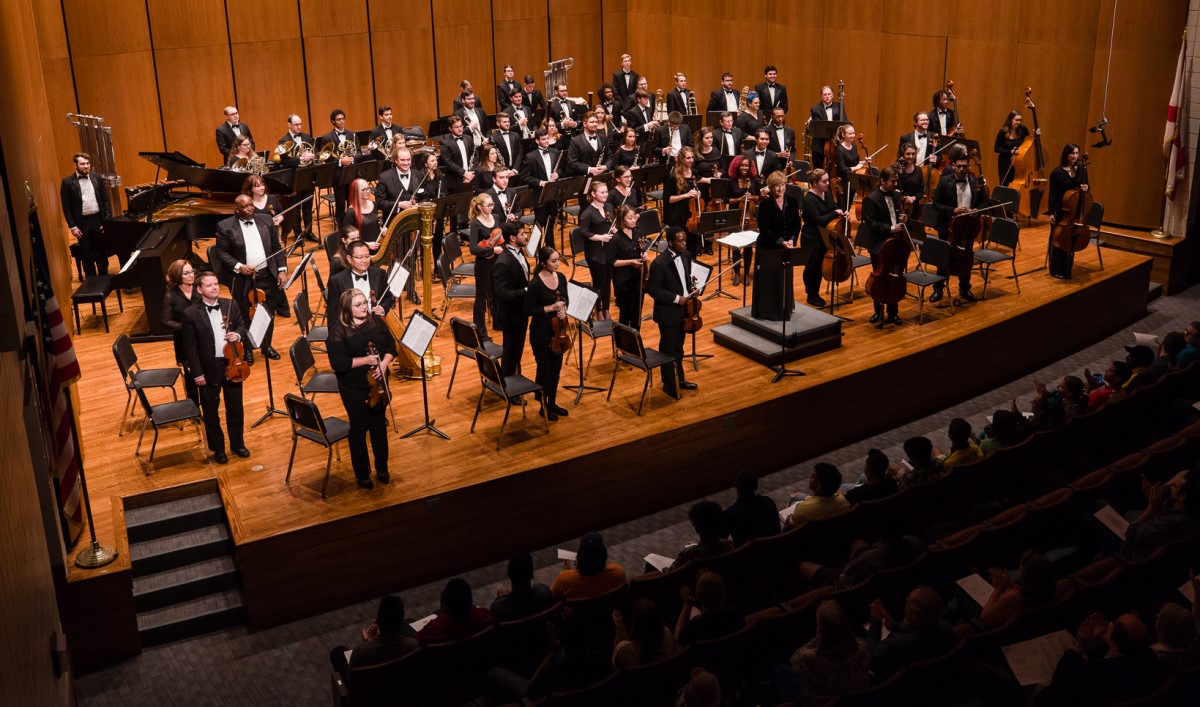
Chaney, Richardson says, is a prime example of the “degree blind” philosophy promoted through the Linda Berry Stein College of Fine Arts. “This competition isn’t just for performance majors. It’s for anyone in our orchestra. If a student can do it—and with excellence—I don’t care what their degree may be.”
Other works on the program include the first movement of Pyotr Tchaikovsky’s Piano Concerto No. 1, Ralph Vaughan Williams’ Oboe Concerto, and Mozart’s Clarinet Concerto in A Major.
